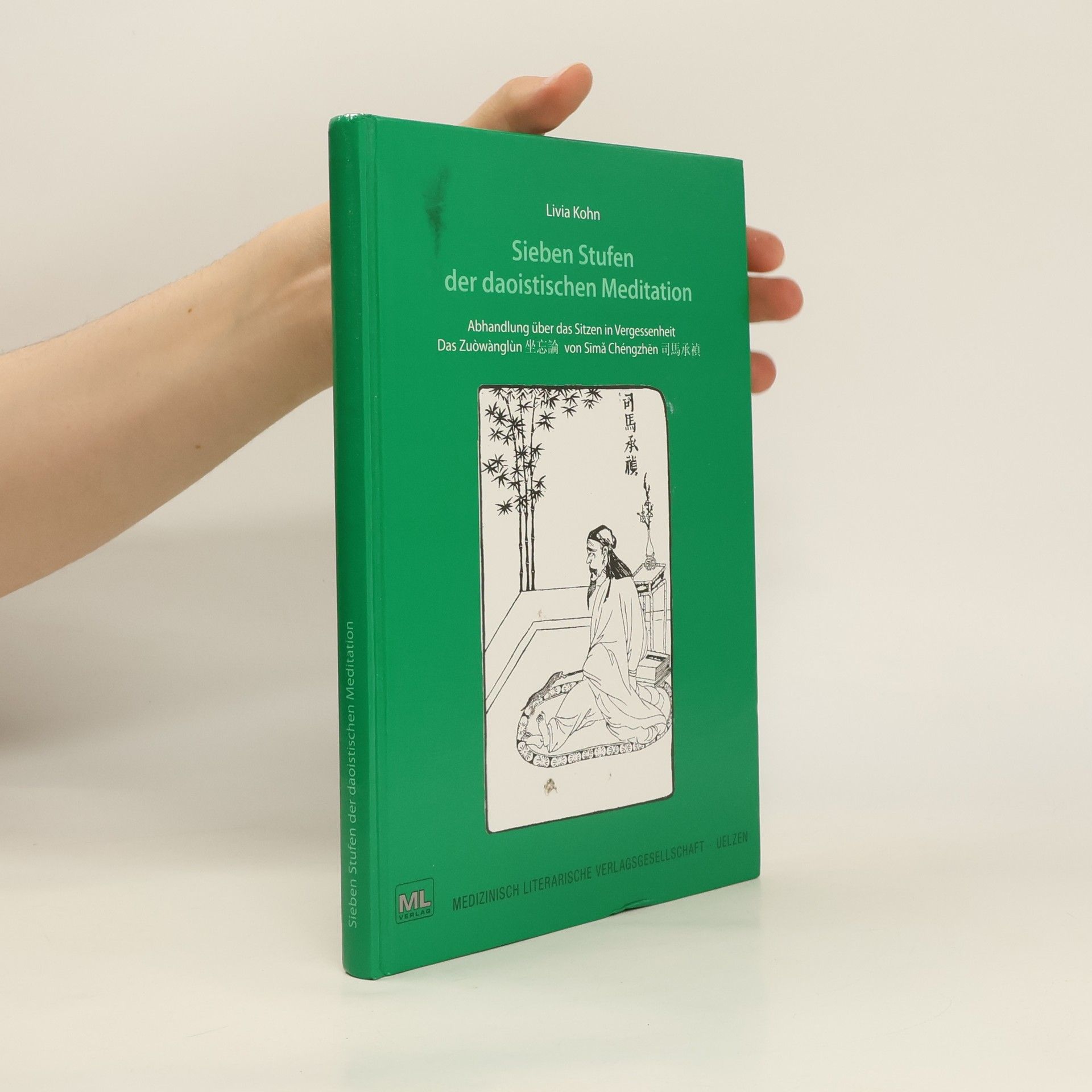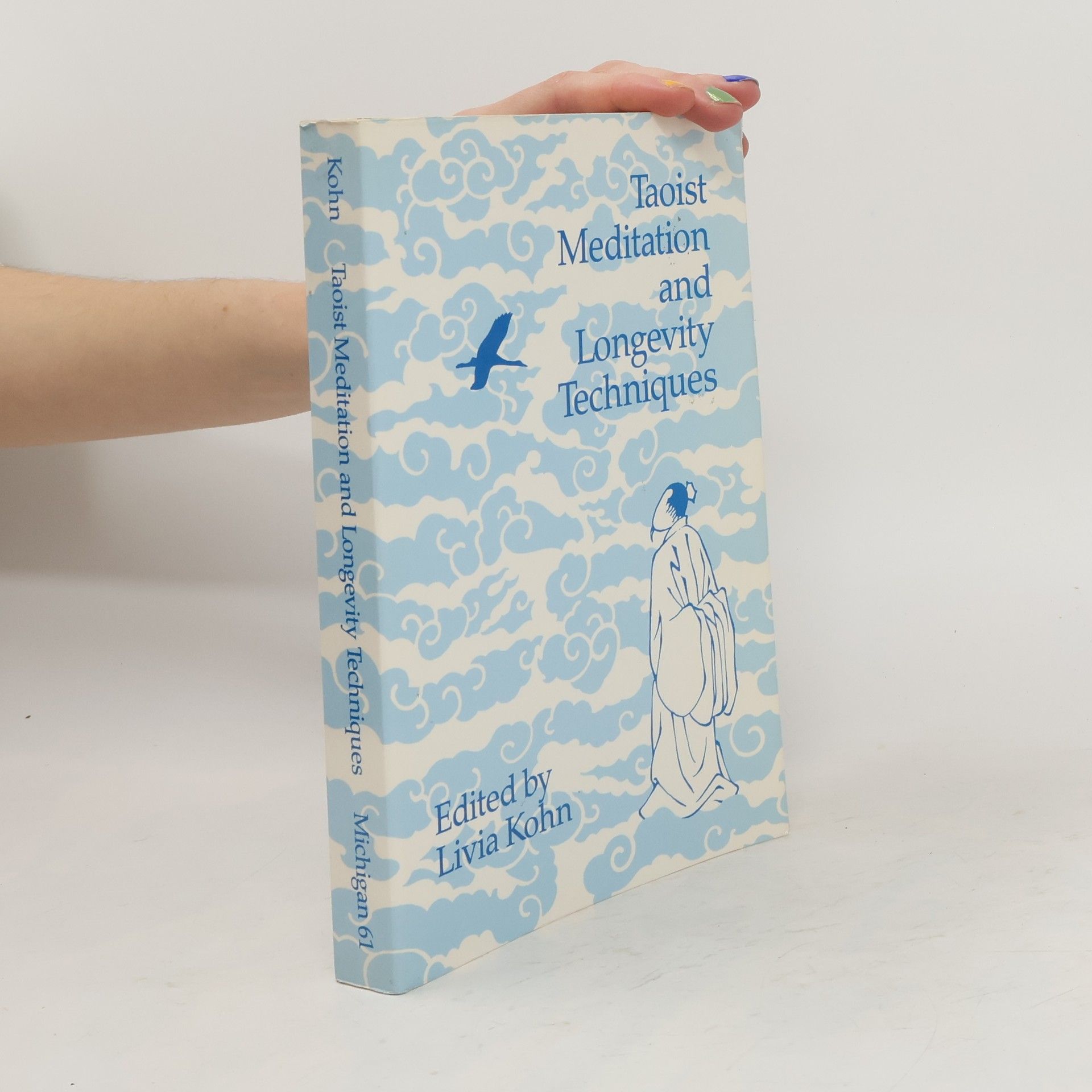French, German, and Japanese scholars explore historical and technical as well as religious aspects of Taoism, ranging from pre-Han practice to the contemporary revival
Livia Kohn Knihy





This exciting new work translates two 12th-century texts associated with the legendary immortals Zhongli Quan and L Dongbin, founders of the Zhong L tradition of internal alchemy. First, the Zhong-L chuandao ji, in dialogue format, outlines the cosmological parameters of the practice, then describes various methods of attainment. Second, the Lingbao bifa, assembling various revealed sources and commentaries, presents similar concepts and adds more specific practices. In addition to the translations, The Zhong-L System provides a discussion in five chapters: Historical Unfolding, The Workings of the Universe, The Human Condition, Stages and Processes, and Key Practices. It makes both the underlying cosmology and the practical transformation accessible and understandable in plain, straightforward language. Beyond providing an in-depth understanding for modern practitioners, the work is essential for anyone concerned with Daoist history, cosmology, and internal alchemy.
Did Chinese mysticism vanish after its first appearance in ancient Taoist philosophy, to surface only after a thousand years had passed, when the Chinese had adapted Buddhism to their own culture? This first integrated survey of the mystical dimension of Taoism disputes the commonly accepted idea of such a hiatus. Covering the period from the Daode jing to the end of the Tang, Livia Kohn reveals an often misunderstood Chinese mystical tradition that continued through the ages. Influenced by but ultimately independent of Buddhism, it took forms more various than the quietistic withdrawal of Laozi or the sudden enlightenment of the Chan Buddhists. On the basis of a new theoretical evaluation of mysticism, this study analyzes the relationship between philosophical and religious Taoism and between Buddhism and the native Chinese tradition. Kohn shows how the quietistic and socially oriented Daode jing was combined with the ecstatic and individualistic mysticism of the Zhuangzi, with immortality beliefs and practices, and with Buddhist insight meditation, mind analysis, and doctrines of karma and retribution. She goes on to demonstrate that Chinese mysticism, a complex synthesis by the late Six Dynasties, reached its zenith in the Tang, laying the foundations for later developments in the Song traditions of Inner Alchemy, Chan Buddhism, and Neo-Confucianism.
Sieben Stufen der daoistischen Meditation
Abhandlung über das Sitzen in Vergessenheit Das Zuòwànglùn von Sima Chéngzhén